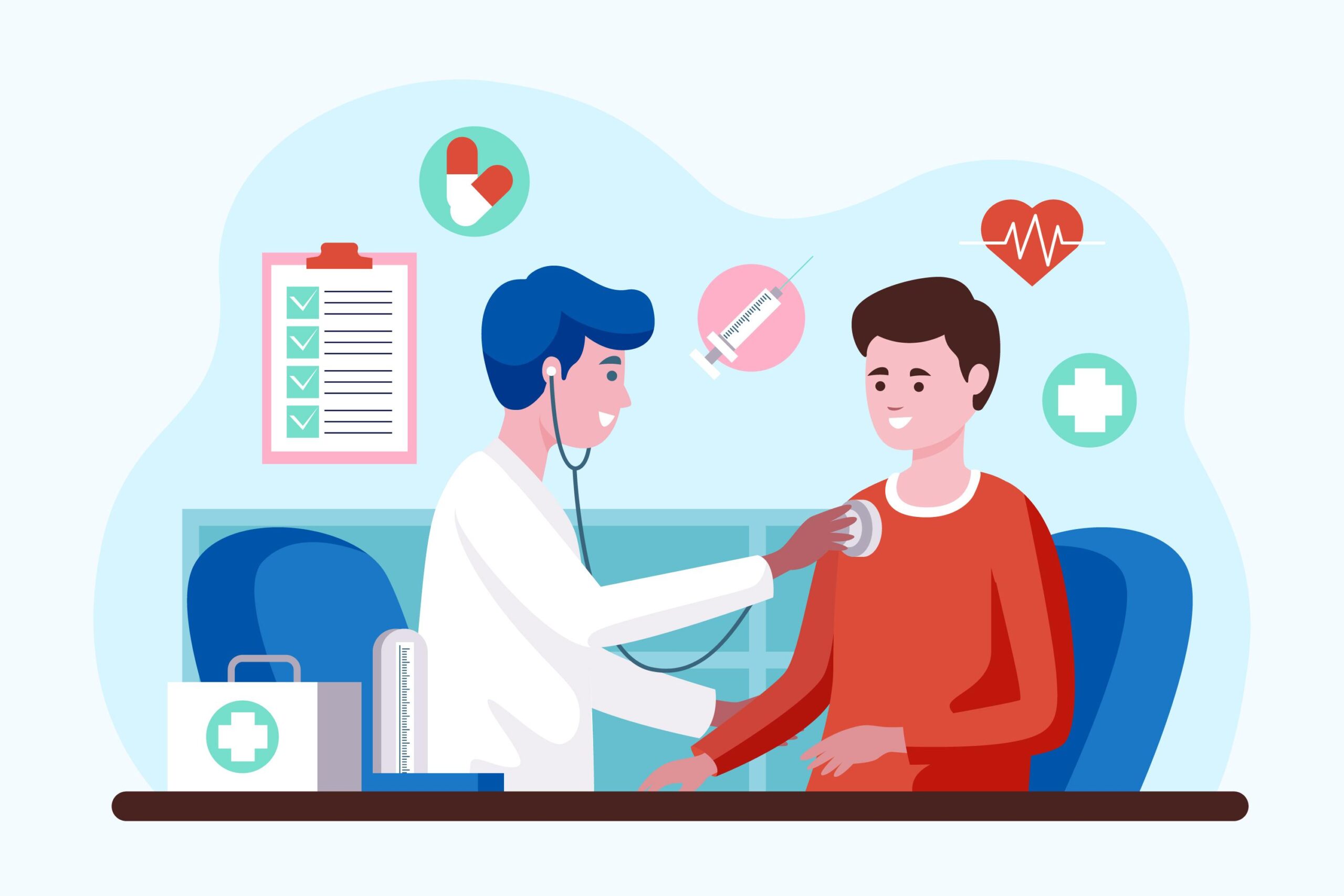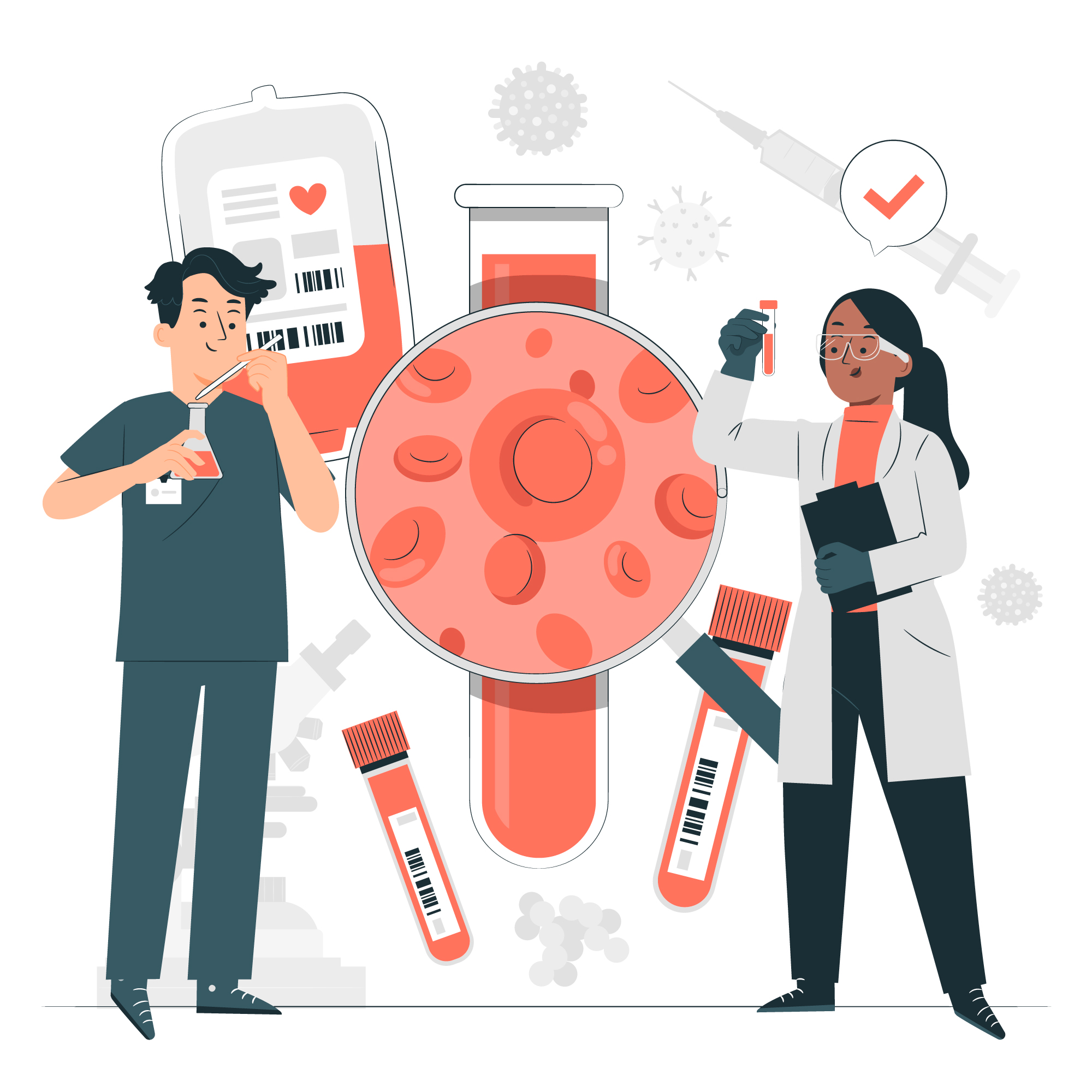🏥 Why Primary Care Matters More Than You Realize
Your Primary Care Provider (PCP) is more than just your first stop when you feel unwell. They are your health partner—monitoring chronic conditions, recommending preventive screenings, advising on lifestyle changes, and coordinating care with specialists. Whether it’s a lingering cold, your child’s vaccination, or your aging parent’s blood pressure management, your PCP is the backbone of long-term wellness.
Yet, choosing the right one often gets less thought than picking a restaurant. This blog is your roadmap to selecting a PCP who understands your family, listens patiently, and empowers better health outcomes.
👨🏫 Types of Primary Care Providers
Before diving in, understand who qualifies as a PCP:
- General Practitioner (GP): Treats patients of all ages for a wide variety of common health issues.
- Family Medicine Doctor: Similar to a GP but trained to treat every member of a family—infants to the elderly.
- Internal Medicine Doctor (Internist): Specializes in adult medicine, ideal if your family consists of grown-ups.
- Pediatrician: Focuses on health care for children.
- OB-GYN: Can serve as a PCP for women, focusing on reproductive and general health.
- Nurse Practitioner/Physician Assistant: Trained to diagnose, treat, and prescribe—especially in community health setups.
Choose based on your family’s age composition and ongoing health needs.
👁️ Key Qualities to Look For
When evaluating a potential PCP, consider the following:
1. Qualifications & Experience
Check their:
- Medical school & residency
- Board certifications
- Years in practice
- Experience with conditions you or your family members face (e.g., diabetes, asthma, pregnancy)
2. Communication Style
You want someone who:
- Listens actively
- Explains conditions in simple terms
- Encourages questions
- Makes you feel heard, not hurried
3. Availability & Accessibility
Important practical aspects:
- How long does it take to get an appointment?
- Is teleconsultation available?
- Are weekend or emergency slots offered?
- Is the clinic easily reachable from home/school/work?
4. Approach to Preventive Care
A great PCP doesn’t just treat illness—they prevent it:
- Recommends screenings
- Provides vaccination reminders
- Tracks lifestyle metrics like BMI, cholesterol, BP
- Offers mental health support
5. Cultural Sensitivity & Trust Factor
Especially important in India, where cultural preferences may affect treatment. You need someone who respects:
- Language barriers
- Traditional beliefs
- Privacy needs
📄 What Questions Should You Ask When Choosing?
When you meet a new doctor, ask these:
- Are you board-certified in family/internal medicine?
- How do you coordinate with specialists?
- Do you follow up on diagnostic results personally?
- How do you prefer communicating—calls, texts, emails?
- Do you offer same-day appointments?
- Can I reach you in case of after-hour emergencies?
- What’s your take on second opinions?
Gauge how open, honest, and respectful their responses are.
🫰 Mistakes to Avoid
- Choosing Solely Based on Proximity
While convenience matters, it shouldn’t outweigh competence. - Ignoring Compatibility
A doctor might be great on paper but if your communication styles clash, it’s a no-go. - Skipping Background Checks
Google their reviews, check on the Indian Medical Registry, and ask around locally. - Not Thinking Long-Term
Don’t just pick someone to treat your current cold. Can this person manage your care over 10 years?
🔍 Where to Start Your Search
- Referrals from Friends or Family
Word of mouth is gold. Ask people whose health values align with yours. - Your Local Diagnostic Centre
Places like Kaizen Diagnostic Centre, Kalwa (Thane) often partner with trusted PCPs and can help guide you. - Online Platforms
Use verified platforms like Practo, Zocdoc, or Lybrate to read reviews and book consultations. - Nearby Hospitals & Clinics
Look for doctors affiliated with reputed multispecialty hospitals.
🌐 Bonus: What to Expect in a Good First Consultation
Your first visit should feel thorough but not rushed. A good PCP will:
- Take detailed history (personal + family)
- Ask lifestyle questions
- Suggest relevant baseline tests
- Not overprescribe antibiotics
- Focus on education, not just medication
If they remember details at your next visit? That’s a keeper.
🪠 Tools & Tests to Bring You Closer to Your PCP
Empower your health with simple home tools and lab screenings:
- Omron BP Monitor: Track blood pressure at home
- Dr Trust BMI Analyzer: Monitor weight trends
- Accu-Chek Glucometer: Keep diabetes in check
- Annual blood tests (CBC, thyroid, lipid, sugar)
- Vaccination records & allergy history
Bring this data to your PCP—it helps them help you better.
🔰 Final Takeaway
Choosing the right primary care provider isn’t just about treatment—it’s about building a relationship of trust. It’s your family’s health anchor, a partner in prevention, early diagnosis, and peace of mind.
“Your doctor should know your name, not just your number.”
Don’t wait for illness to strike. Start your search today and give your family the lifelong gift of dependable, compassionate care.


